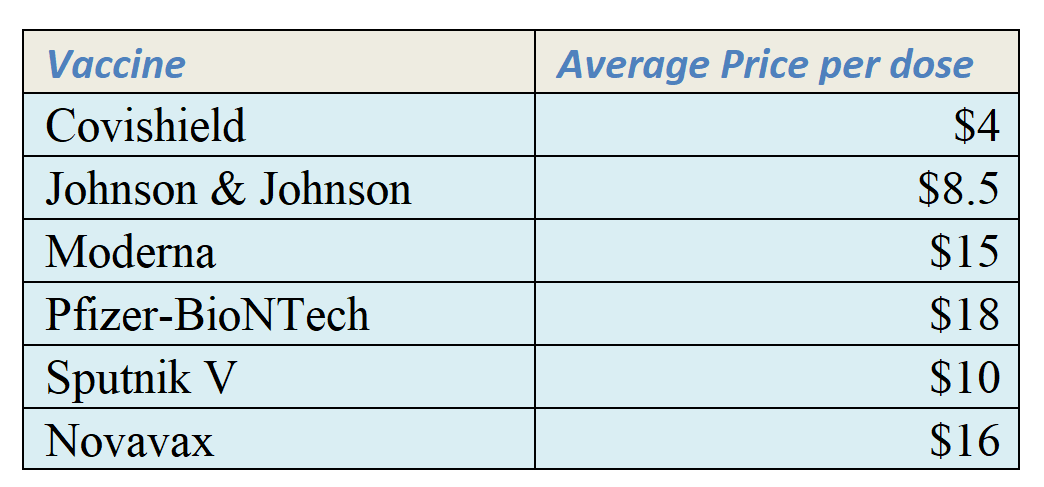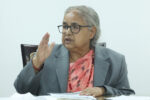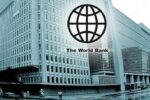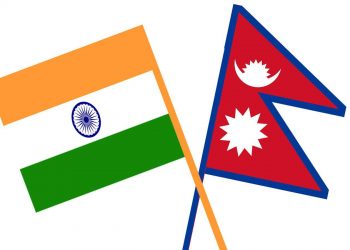KATHMANDU: With Nepal reporting the first case of coronavirus on 23 March 2020, the country has been facing multiple ups and downs in all sectors.
The total number of cases in Nepal as of 19th February 2021 has reached 273,166, of which 269,505 individuals have recovered from the virus and 2,058 have lost their lives.
On a brighter note, Nepal has been one of the active countries, among the developing one, in controlling the virus given its low to lack of required resources.
Now that the vaccines have gained emergency clearance, winning the war and returning to complete normalcy would be easier for the people of this country.
While discussing about the Covid-19 vaccine, the amount of vaccines developed has not been able to fulfill the requirements of the world at this point in time.
Most countries, in fact, are still struggling to get the doses. Various countries are manufacturing various vaccines at different price. The table below shows the average price of vaccines around the world:

The Covishield vaccine widely referred as the Oxford-AstraZeneca vaccine is the cheapest in the list.
However, neither the UK nor the US can match the EU’s $2.15 per dose deal for the vaccine.
Although EU getting the vaccine at the said least price, they are not in the position to supply it as the number of vaccines are not even enough to vaccinate all of their front line workers and health workers.
Nepal should be considered as one of the blessed nations to get acquainted with vaccinations this early. While most developed nations such as Malaysia, Thailand are still struggling to start vaccinations, Nepal has already completed the first stage of vaccination for the priority community, i.e. health workers, journalists, frontline desk staff, drivers, bankers, diplomats etc.
Nepal acquired a grant from India for its first batch of vaccines. India supported Nepal with a grant of one million Covid-19 vaccines.
Furthermore, Nepal is all set to buy 2 million doses of the Covishield vaccines from India.
According to Ministry of Health, the vaccine will arrive in Nepal within two weeks as the necessary procurement process has already started.
Meanwhile, the advance payment has been made to the Serum Institute of India for the purchase.
The total cost will be approximately Rs. 936 million for the two million doses.
At this point, a total of Rs. 748.8 million has been the down payment amount. The second phase of the vaccination campaign is anticipated to start on March 7 after the vaccine arrives in Nepal.
This way Nepal will be able collecting a total of 5.7 million doses Covid-19 vaccines. The said doses of vaccines will vaccinate almost 20% of the population of Nepal.
In the second phase, the government has announced to vaccinate people above 55 years of age.
Similarly, the Nepal government is set to receive 2,256,000 dozes of COVID-19 vaccines at the initiation of the World Health Organizations (WHO).
The vaccine manufacturing company COVAX will distribute COVID-19 vaccines by the end of February. The vaccine that Nepal will receive has been jointly developed by Oxford University and AstraZeneca.
Alongside, the Government of Nepal has also granted a “conditional emergency approval” for Sinopharm, a vaccine against coronavirus manufactured by China’s Beijing Institute of Biological Products.
China would provide 500,000 doses of COVID-19 vaccine under grant assistance to Nepal.
This way Nepal will be able collecting a total of 5.7 million doses Covid-19 vaccines. The said doses of vaccines will vaccinate almost 20% of the population of Nepal.
On the other hand, UK is supporting Nepal’s vaccine program through £550m commitment to COVAX.
British Ambassador to Nepal Nicola Pollitt has said UK supports Nepal’s vaccine program through our £550m commitment to the COVAX facility.
As citizens of Nepal, the people here should be grateful to each and every nation for supporting Nepal with Covid-19 vaccines.
Among other nations, India has been one of the nations which have always been there for Nepal.
Even at this critical time India was the first nation to provide 1 million doses vaccines as a grant and then providing 2 million doses in quite a reasonable price.
However, it is high time that people followed the safety protocols to prevent the further spread of coronavirus.








Comment